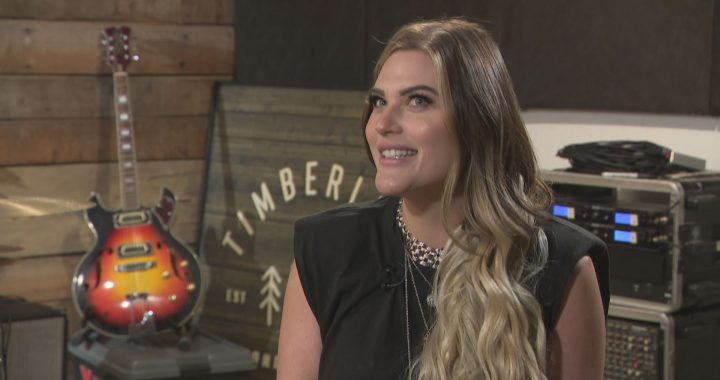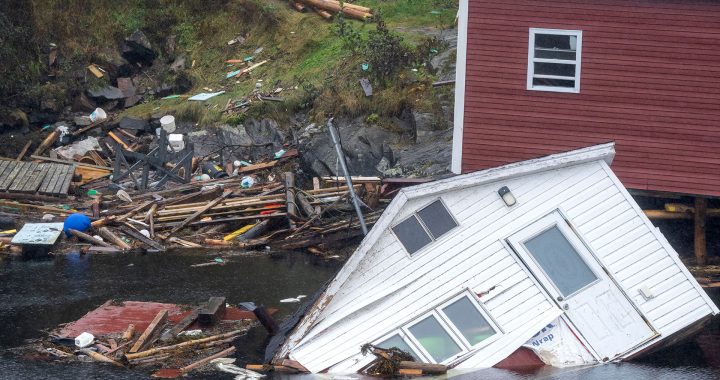Green Party co-leader Elizabeth May is confident her private members’ Bill C-226 will soon pass third reading in the Senate and become law.
The proposed law aims to develop a national strategy to assess, prevent and address environmental racism.
May told Nation to Nation host Annette Francis the bill has gone through the third reading.
“Fingers crossed we may even have a vote (soon) and get the bill through and then the last step procedure is to get royal assent,” she said.
Examples of environmental racism are the Aamjiwnaang First Nation, near Sarnia, Ont., which has been dealing with pollution for decades. More recently, toxic benzene levels have occasionally forced members to stay indoors.
Grassy Narrows First Nation in northern Ontario continues to deal with the effects of mercury poisoning. A recently released report says that wastewater from a paper mill continues to contaminate the Wabigoon River, which eventually flows into the community’s water supply.
The wastewater doesn’t have mercury but contains high levels of sulfates and organic matter that combine with existing mercury to create methylmercury, an even more toxic compound.
May said the bill would still require more commitments from the government to ensure marginalized communities aren’t put in an environment that jeopardizes their health. According to May the federal government would have to put a strategy for justice in place.
“And it has to be effective it has to deliver equity. It has to mean that places like Kanesatake wouldn’t continue to have toxic waste, illegal dumping in the community,” she said.
Criminal records legislation
Another proposed law making its way through the senate is Bill S-212. The bill was introduced a year ago by Sen. Kim Pate. It aims to automatically remove a criminal record for some people.
Pate said if passed, it would be the first time since criminal records were introduced Canadians would have a process like some other countries in the world that allow those types of records to expire without people having to apply, without having to pay money, and go through the application process.
“They could move on with their lives and not have the impediment of a criminal record which we know not only impacts employment and volunteer opportunities, but increasingly rental agreements, increasing even access to education,” said Pate.
She said the poorest people are disproportionately affected by the costs of having their records removed. She said criminal law doesn’t apply equally to everybody.
“If you have resources, power privilege, you can lawyer up, you can get a whole bunch of professionals and experts to talk about everything from your mental health to your past history. This is certainly not a magic response or magic wand. It’s one small piece to try and give people another chance to get out of that.”
And finally on Nation to Nation, Hill Times Columnist Rose LeMay talks about her latest column that dives into the Identity Summit held last week in Winnipeg with First Nation, Inuit and Métis.
According to LeMay, the act of working together against the common threat of “pretendians” was healing.
“I was so impressed that First Nations, Inuit and Metis came together, found common ground and perhaps even reignited the oldest treaties we have, which are not actually with settlers, they’re with each other and it felt like going back to the premise that we all have responsibility to each other,” she said.
Indigenous identity fraud isn’t the only issue on the rise. Fake Indigenous art and cultural appropriation are also becoming more common. Fake Inuit art became an issue for NDP MP Lori Idlout this week in question period where she raised concerns about imitations being sold in tourist shops, some made in China. She’s even suggesting a legislative response.
LeMay said sees the concern for Indigenous artists, “that is quite a threat for artists who generally don’t make a lot of money, especially if they sell through stores in the south and stores might take a cut.”











